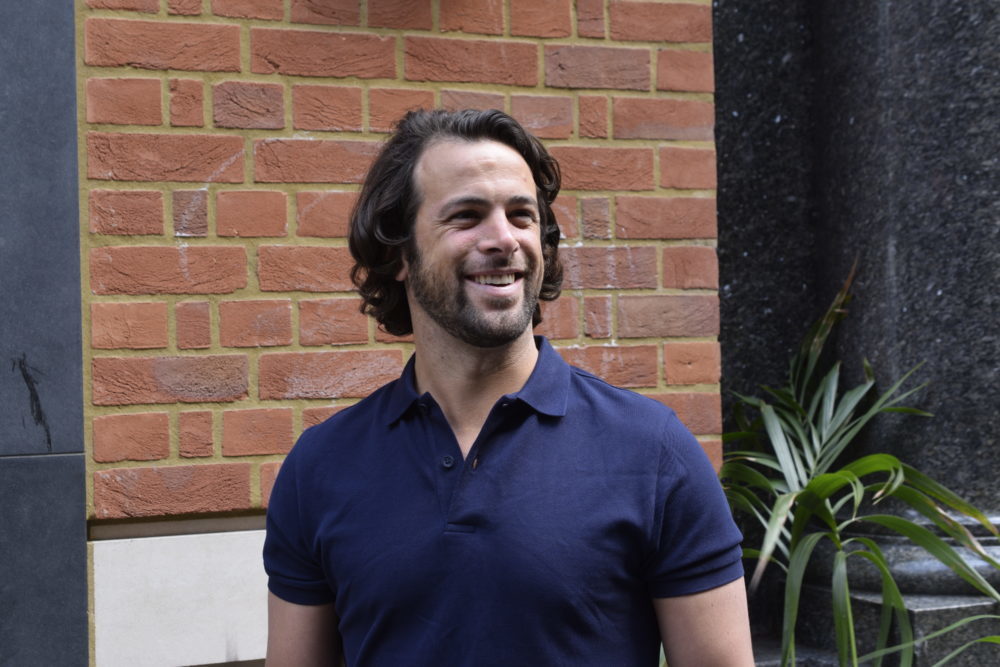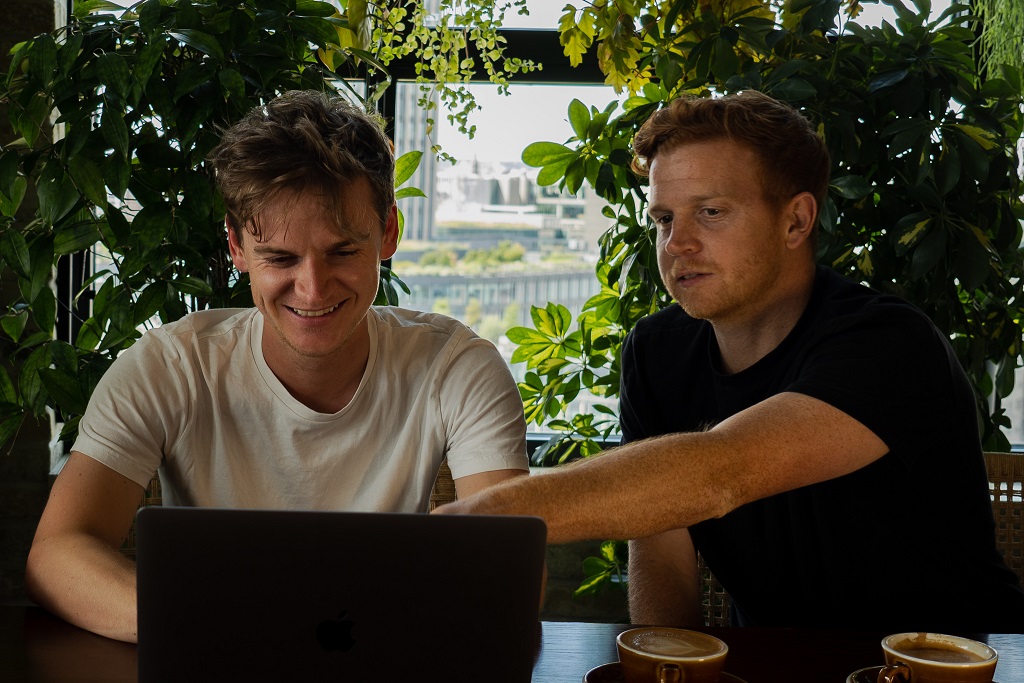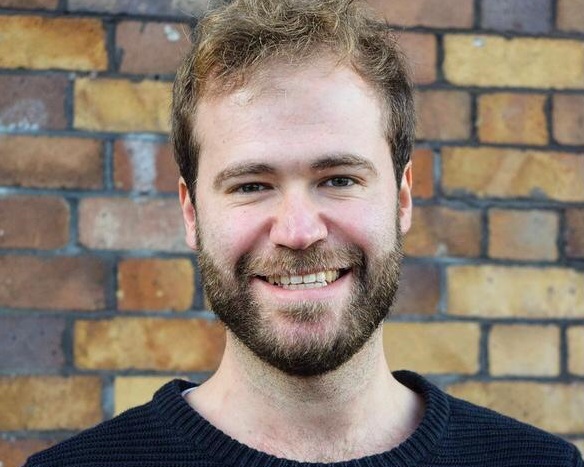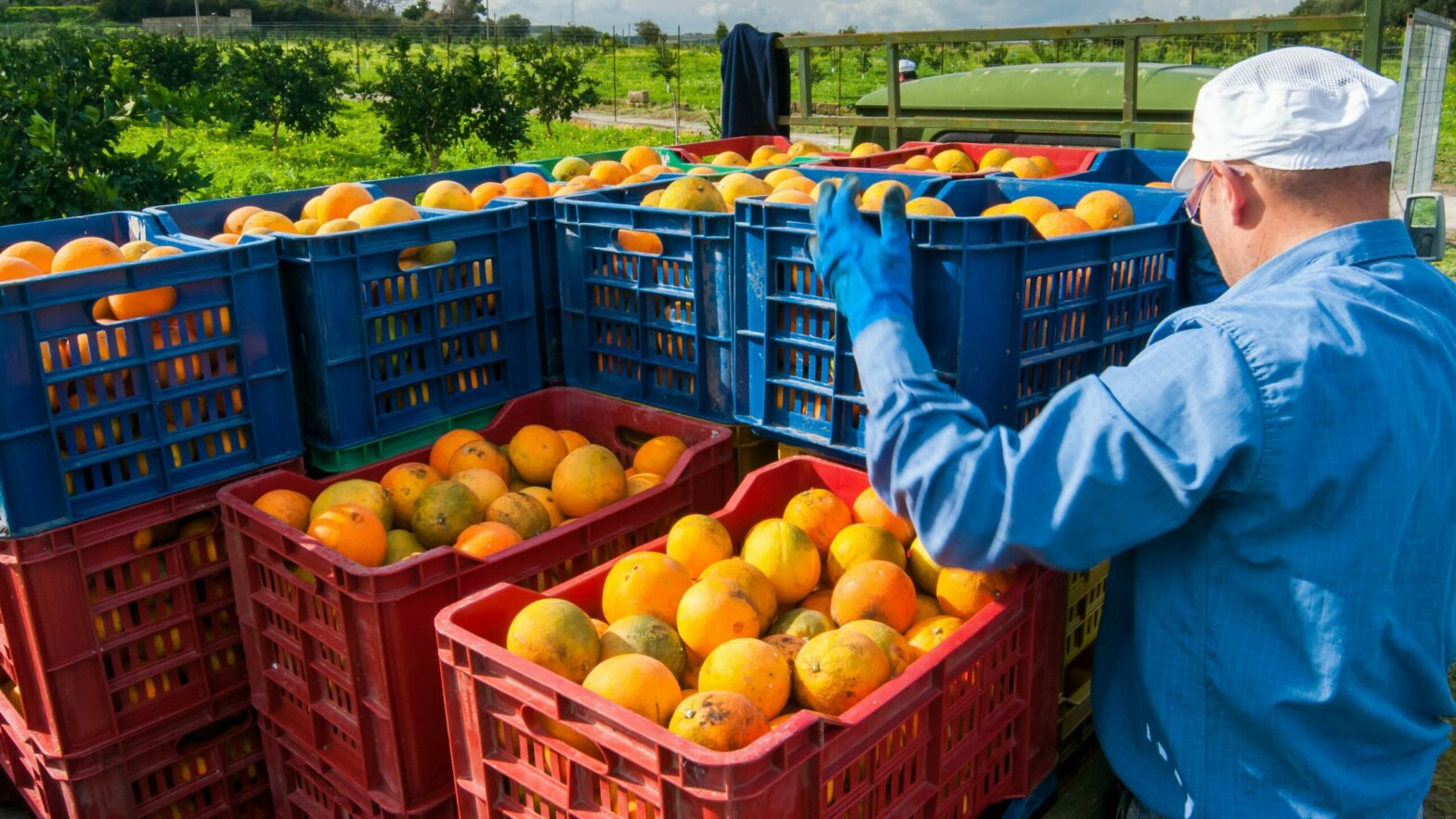PRESS is proving to be successful in a market that is increasingly health-conscious, but how has it beat the burgeoning competition?
We ask the company’s co-founder, Ed Foy, about trying to be more active on social media and the logistics of running a pop-up with a cast-iron bathtub.
How did company come about and what is USP?
Georgie and I were living in New York and LA respectively for around five years and we’d both seen the rise of cold-pressed juice. Companies were adding convenience to high-quality products where customers are not necessarily having to blend at home using a blender that ends up in the back of the cupboard after three weeks.
PRESS started by looking at the success of cold-pressed juices in America and Australia, saying, ‘Look, we think the British public should have that’.
I think the USP, though it sounds corny, is that nutrition really can change lives. Obviously, it is an elevated product – the price point is £2.99-£3.99.
We’re always trying to bring the price down because it creates a bigger market for us. I did an MBA at Harvard and always thought about business culture and what we could do with it and I always wondered how you construct the culture.
The people running the company set the precedent by the way they behave. That is absolutely in-line with the way you eat and exercise – but we avoid preaching; we’d rather be teaching.
It’s about living a balanced life – of course you’re going to want to go out for drinks on a Friday night and there’s nothing wrong with that. Be good when you’re being good and avoid being too bad when you’re being bad.
I have a normal life and, like a lot of people that start businesses, you need to have a lot of energy. I’ve always said yes to everything and that includes going to a friend’s birthday and having too much to drink on occasion. But I’m back in the gym in the morning, I’m eating the right things on the day-to-day and a lot of people understand this.
The conversation we’re having is for people who want to make generally healthy lifestyle changes or for more moral reasons. It’s just being more real about the whole thing. I think accessibility when you’re making change is key.
Do you reflect the brand lifestyle in your personal social media accounts?
Being frank – I’m very bad. You look at the frequency of my posts over the last four or five years and you can see that I’m not good at posting on a regular basis. I’ve tried to post more over the last month because my team said that they wanted to see me post more content about myself. It’s more fun for the brand and people like to engage with you as a business owner.
As easy as it is to hate on influencers, I have so much respect for the good ones. It’s tiring to constantly be documenting stuff while you’re running your own business. For me, I try to live an honest Instagram feed for things that are relevant to PRESS when I’m doing them. I don’t live my life through social media and Instagram in terms of personal relationships. I’ve just tried to start being more active and doing more video content which is fun – it’s just a case of remembering to do it.
Why did you decide to open a pop-up with a bathtub?
Opening a pop-up is effectively testing the market. We want to know where we could sell the bottles. The thing about cold-pressed juice is that the process and ingredients are costly. Will a customer perceive the value of all that juice when arguably you could go and buy a Tropicana?
The bathtub itself was £65 and we bought it off Gumtree. It was cast-iron and so heavy. We put it on wheels and that was helpful, but I did almost lose a finger a few times.
We needed to make this fun and – having worked in the States on consumer goods and retail – you need to make it a fun experience that’s not focused around the transaction, particularly with customers in England.
I think we’re a harder customer in terms of engaging with strangers but we’re getting better; we’re quite reluctant to walk up to something with sales.
“This was the worst month of my entire life. I had no sleep and it was horrifyingly tiring”
If I was in a gas station in America, they would always have drinks on ice. It was interesting. Even when you’re not in for a can of Coke, you see it glistening on the bathtub of ice and you’re probably going to grab one.
We thought about how we were going to communicate the freshness of the product, so we got the ice delivered every day with disastrous consequences. It involved having to drain the bath and loads of nightmare things that you don’t even think about at the beginning.
This was the worst month of my entire life. I had no sleep and it was horrifyingly tiring.
What did you do about funding?
Both Georgie and I had savings and we had a little help from family for our first shop in Soho. We were both working full-time right up to the first pop-up due to the nature of our jobs. She had her own business and I was doing consulting at the time. I just wish I’d done it when I was 22 rather than when I was 32.
To anyone going into any retail space, the problem is that you’re an unknown tenant. Some landlords are kind and want you to thrive, so they’ll give you a small deposit. But if they want six months’ deposit and then you’ve got to factor in a fit-out of the shop and everything else, it limits what you can afford.
If you’re in a retail business – and you can’t afford the right location – you’ll never have a chance, purely because you couldn’t economically open in the right spot. Loads of businesses open and close because they don’t open in the right place.
We opened our first store and it was successful, albeit stressful. We were making products on-site.
The head of food at Selfridges just randomly walked past the shop one day and asked for our email address. They were reviewing what they had in the food hall.
We got an email back saying that they really want a juice concept. They said they had a meeting the next day at 12 and if we could get something across so Georgie and I sat up and pulled together an 85-page slideshow overnight. They said they’d never seen anything like this sent to us for a concession opportunity and asked us to come in. I managed to blag my way through the meeting with all these people.
You cannot underplay how important being attached to a brand like Selfridges is. I’m still surprised – when you speak to a buyer at, say, Waitrose, and tell them we have a store at Selfridges. It gives us a leading-retailer edge.
“Dreaming big, because what’s the point otherwise?”
You can always look back and say you made your luck, but I suppose it’s putting the effort in too. When you get the opportunity, then you take advantage of it.
You have The Squeeze magazine as a side publication – what does it add to the business?
We did end up getting an angel investor after a year and a half and one of the things that their job is to question resources – what are you doing and why are you doing it? The magazine is something they questioned before, particularly in terms of resource and effort. What we’ve shown is the amount of online revenue we’ve driven by people clicking through.
Everyone’s got a blog, so we refuse to call The Squeeze a blog because it undersells the quality of the production that we put in. We just thought that we’ve got all these cool stories from these cool people, so could we share it on an email?
Then I said that we should actually be a media source and our goal – dreaming big, because what’s the point otherwise? – that we have a whole floor of a press tower.
I’d love to have that as a legitimate magazine that ended up being printed.
How do you set yourself apart from the competition?
In terms of competing, you have to build a brand and content that people can relate to. Our social media guy says that people follow people, not brands. Whether that’s me or our retail team, we need to show our drive and passion behind businesses.
Shooting behind the scenes at Paris Fashion Week would’ve been crazy – everything was kept mystique. Today people love that stuff. They’re interested. You’ve also got to realise that attention spans are short, so you’ve got to make it fun and entertaining. Weirdly, you’ve got to be an entertainer in a product business. That’s certainly new for small brands like us.
View this post on Instagram
What are you doing to prepare for Brexit?
We talk about Brexit extensively. In a purely apolitical business sense, the frustration is that you just don’t know – not only what the outcome will be and whatever side of the coin things land on, what will that imply.
The only thing we have done is built a monthly look at pound strength against the euro into our year’s forecasting. We’ve accepted that there’s going to be a margin erosion month-by-month as we go through the year. That’s the reality of the circumstances regardless if it’s in or out.
We are launching in Europe at the moment – and we’re going in with a bit more vigour.
The reality that’s bigger than that is that there could be a recession on the way, whether we’re in or out. I think that’s more likely and it’ll have an effect.
Do you have any advice for entrepreneurs in a similar position?
If you’re not a finance person, make sure your first employee is someone who knows the numbers. The numbers seem like the boring bit while the sales are everything, but that’s not true.
“If you don’t give up, the others will”
What’s interesting about the two-year survival rule is that just by surviving longer than other people – sometimes they have nightmare moments that they weren’t expecting to happen – sometimes they get luck that they don’t attribute to luck.
There were five or six credible businesses at the beginning of our business and slowly they went under – it could be because there wasn’t enough appetite to keep going or they weren’t financially managed the right way. As they fell over, it just created opportunity and space in which we can grow.
So, the key is not to give up – if you don’t give up, the others will. You’ll thrive because you’re the last man standing.
The first two years were the worst in my life because of stress. My quality of life has never been worse; I went through my own mental health issues. Two years on, I have the best job in the world.





